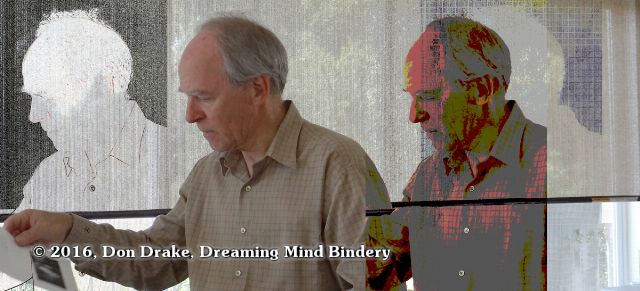
In August 2016 I looked at the idea that a continuous personal narrative defines an individual independent of the body that experiences and carries that continuity.
That exercise proved to be a useful segue into Atul Gawande's book Being Mortal, in which he looks at the issues of end-of-life care and decision making.
Gawande's conclusions run parallel to the ideas about the nature of self implied in Star Trek and examined in my previous article. Of course, we don't use a transporter to move to our next older body. But the realities of our physical state can change radically as we age or fall under the sway of an incurable illness. In these new circumstances, in what is essentially a new body with new capabilities, Gawande argues that our priority should be to maximize our sense of continuity and personal authorship of our life narrative.
He believes cultural and market forces favor decision making that values safety too highly. This imposed priority strives to protect the body while sacrificing the person inside the body. He accepts that individuals need to make independent choices about the risks they take; that this is one important component of their authorship of a personal narrative.
The battle of being mortal is the battle to maintain the integrity of one's life—to avoid becoming so diminished or dispated or subjugated that who you are becomes disconnected from who you were or who you want to be.Atul Gawande, Being Mortal
There are many reasons to recommend this book, not the least being the useful perspective it can provide anyone faced with the task of making decisions related to aging or mortality.